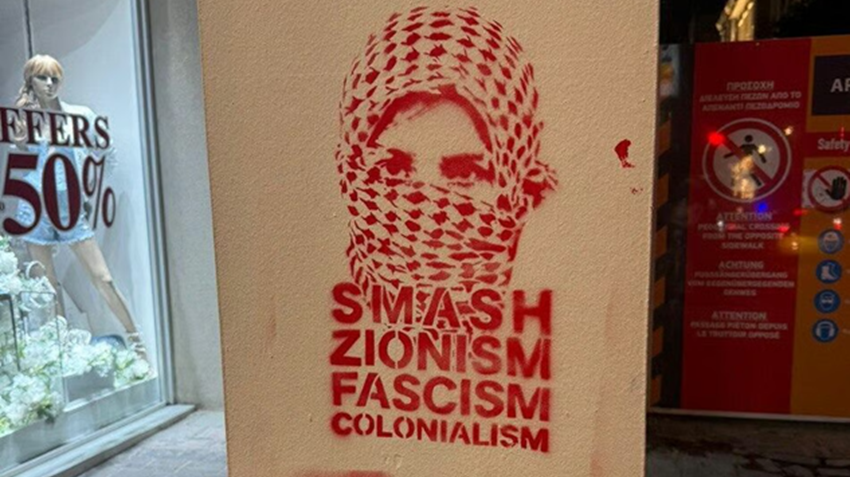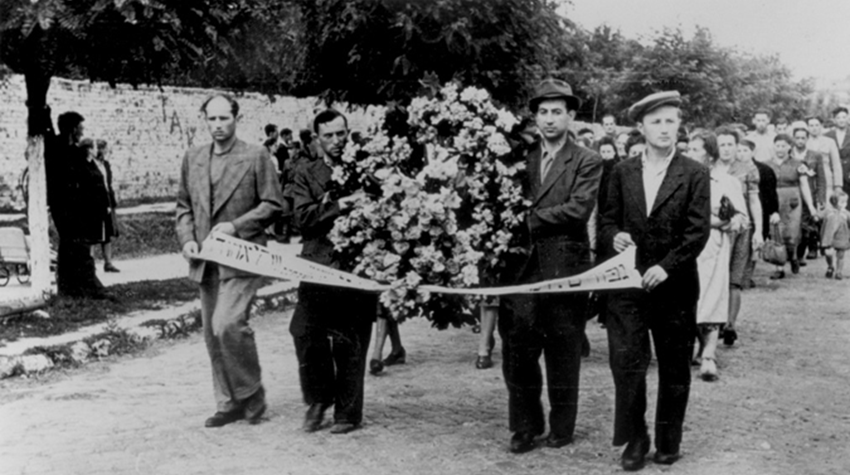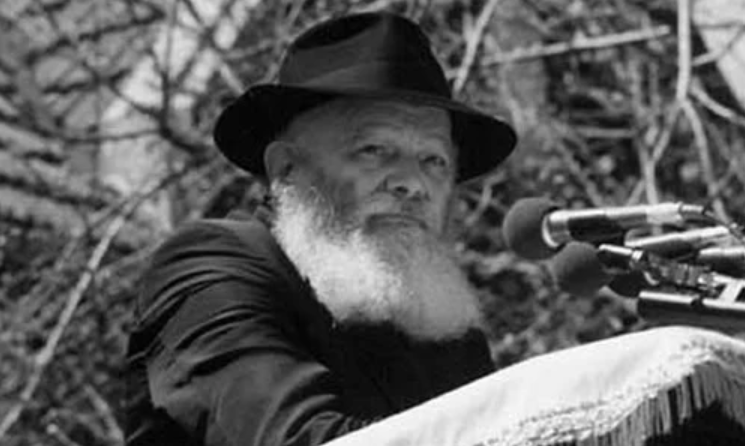As part of their plan to counter the denial and distortion of the Holocaust, UNESCO and the United Nations sought to objectively measure the extent of these phenomena on social networks, in partnership with the World Jewish Congress. They commissioned researchers from the Oxford Internet Institute to identify and analyze 4,000 posts related to the Holocaust, on five major platforms: Facebook, Instagram, Telegram, TikTok and Twitter.
The report demonstrates that Holocaust denial and distortion is massive on Telegram, a platform known for its lack of moderation and clear user guidelines . Nearly half (49%) of Holocaust-related public content on this platform denies or distorts the facts. This rate rises to over 80% for messages in German, and around 50% in English and French. These posts, easily accessible to people looking for Holocaust-related information on the platform, are often explicitly antisemitic.
On moderated platforms, denial and distortion are also present, but to a lesser extent. They concern 19% of Holocaust-related content on Twitter, 17% on TikTok, 8% on Facebook and 3% on Instagram. But the falsification of the facts about the Holocaust then takes on new forms: perpetrators learn to evade content moderation, by using humorous and parodic memes as a strategy intended to normalize antisemitic ideas, for example, making these ideas appear mainstream.
Solutions to fight against these phenomena
The UNESCO and United Nations joint-report puts forward a series of practical recommendations, including:
- Online platforms should monitor and, if necessary, take action on content that denies or distorts the Holocaust, in partnership with experts, civil society organizations and international organizations.
- Platforms should redirect and give visibility to verified information about the history of the Holocaust, as Facebook and TikTok do in their partnership with UNESCO and the WJC, with the website aboutholocaust.org.
- Platforms should work actively with teachers and education systems to develop teaching and learning resources, and support digital citizenship education in schools, universities and non-formal education. In recent years, UNESCO has produced technical guidance for this purpose, including on the topics of “how to address antisemitism through education” and “education about the Holocaust and genocide”.
- Governments should invest in developing media and information literacy and critical thinking to empower learners to interpret and assess (mis)information, as suggested by the UNESCO report on Futures of Education published in November 2021.
- The fight against online distortion and denial of the Holocaust should be systematically and comprehensively integrated into national action plans against antisemitism and hate speech.
Global conference on platform regulation in early 2023
“The report reveals that there are still social networks where Holocaust denial and distortion spread without moderation, and that this content is used to fuel hatred. We can fight against these phenomena by taking action on content and educating users. UNESCO's partnership with Facebook and TikTok, which redirects users to verified information, is an example of best practice. But we cannot only rely on the voluntary participation of platforms: we also need common principles and guidelines. UNESCO will lead this discussion with all stakeholders, and in 2023, we will hold the first global conference dedicated to the responsibility of platforms.”
Audrey Azoulay - Director-General of UNESCO
“This work is a core part of the mission of the United Nations. And it goes beyond the Holocaust itself. The report shows how intimately linked its denial is to other forms of online violence, including those rooted in racism, misogyny, or xenophobia. Antisemitism, Holocaust denial and distortion, and other forms of religious bigotry and hatred are a seismograph. The more they rattle our world, the greater the cracks to the foundations of our common humanity. Today, the cracks are impossible to ignore. This report is an urgent wake-up call that must jolt us into action – to pursue truth, remembrance, and education, and together build a world of peace, dignity and justice for all.”
Antonio Guterres - United Nations Secretary-General
“Holocaust denial and distortion take many forms online. This report outlines this troubling phenomenon and makes clear that it can no longer be ignored. What is evident, is that when platforms make a concerted effort to address this unique form of hate speech, it leads to results. But more must be done to eliminate it. As Holocaust deniers become more sophisticated, so must all those who are working to fight this evil. The World Jewish Congress looks forward to continuing to support the United Nations and UNESCO in their international efforts on Holocaust education and fighting antisemitism.”
Ronald S. Lauder - President of the World Jewish Congress
Source: Unesco


































